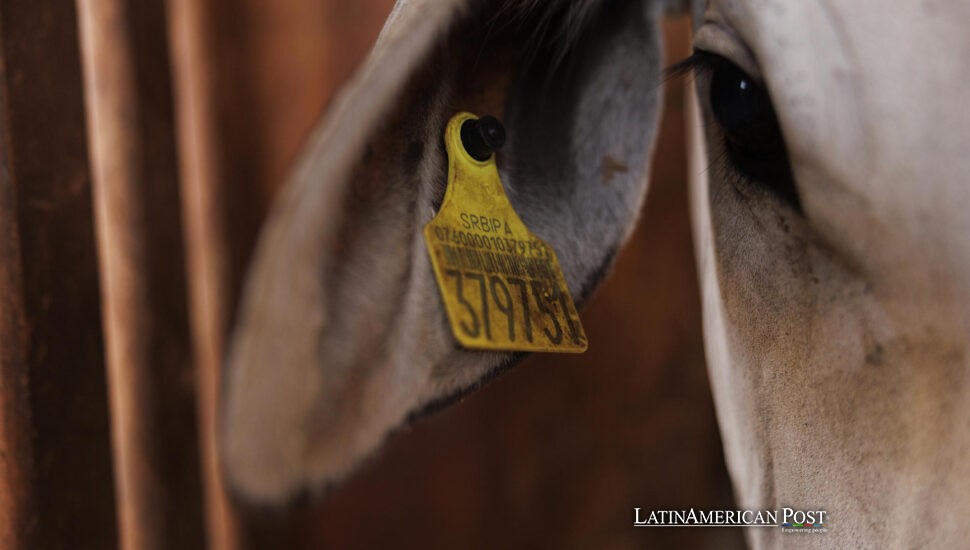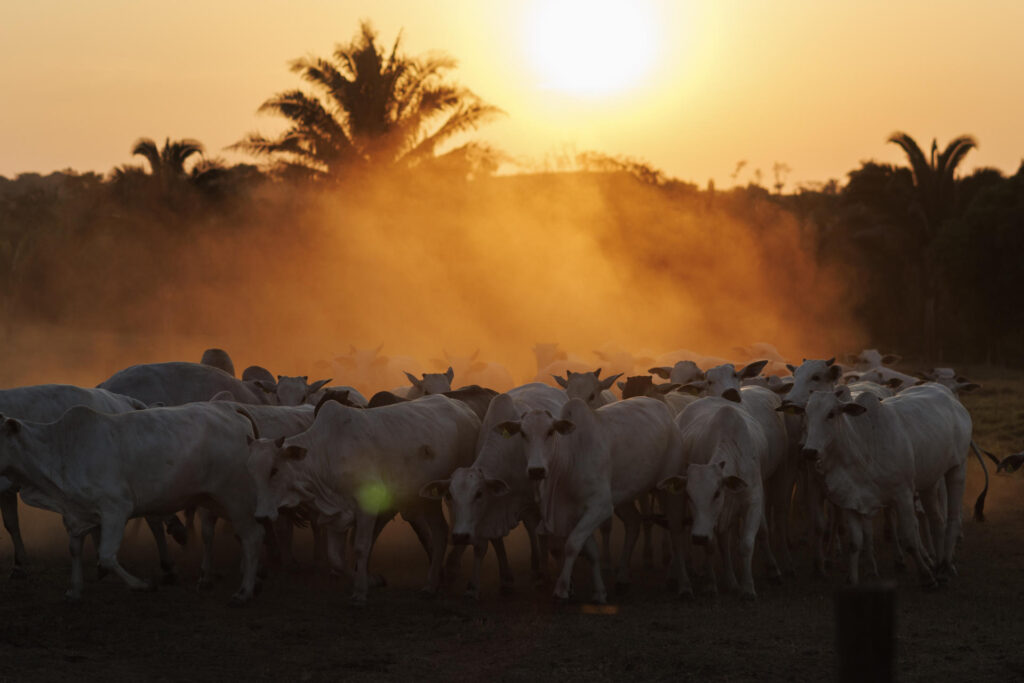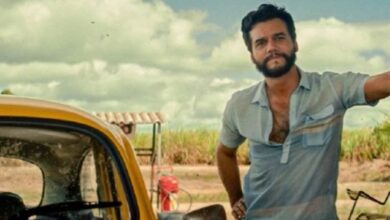Brazil’s Cattle Tag Revolution: Can Traceability Save the Amazon—and Its Beef?

In the sweltering pastures of Pará, cowhands fasten bright ear tags onto restless cattle while Brazil’s billion-dollar beef industry faces a reckoning. Global buyers now demand proof that steaks aren’t carved from felled rainforest. Traceability could be salvation—or a last warning shot.
A Tag for Every Cow, a Reckoning for the Herd
On Reginaldo Rocha’s ranch in Pará, the cattle bellow through the corral as yellow and blue tags flash against the dust. “I’ve only got 200 left—be patient,” the 59-year-old rancher told the EFE, tipping his hat against the noonday glare. He’s proud of the life he’s carved from the forest edge since the 1980s, but pride is no longer enough.
Rocha remembers when expanding pasture was a badge of progress. Now, expansion draws suspicion. “They criminalize us for working,” he said. Still, he knows the rules have changed. “If we don’t track, we’ll have difficulties selling.“
Pará alone is home to 25 million cattle—three times its human population—and promises to tag them all by the end of 2025. The timeline is ambitious, maybe impossible, but it carries the weight of necessity. Each ear tag will connect a cow’s life to GPS coordinates, marking where it was born, fattened, and sold. If those points overlap with deforested land, the story stops there.
“The tag is a tiny ledger,” Rocha said. “It tells my story—and it can ruin it.”
For decades, Brazil’s beef wealth was measured in hectares cleared and herds expanded. Now the metric has inverted. The same forest frontier that made Brazil a protein powerhouse has become its most significant liability.
Markets Now Police the Pasture
The global market has stopped asking politely. In August, the United States imposed a 50% tariff on Brazilian beef imports due to environmental concerns. Europe’s new deforestation-free supply law will soon force exporters to prove their products don’t come from cleared forests. The message is blunt: no proof, no access.
Brazil’s beef juggernaut—nearly $20 billion in exports a year—has discovered that paperwork matters as much as pasture.
“Traceability is no longer a bonus sticker; it’s the price of admission,” Rocha told the EFE. The federal government seems to agree, approving a national cattle-tracking system to be phased in from 2027 to 2032, following Pará’s lead. But paper reforms won’t close the credibility gap if ranchers and meatpackers fail to act together.
The industry’s weak link is well known: the murky middle of supply chains where calves change hands. “We know where they end up, not always where they start,” said a compliance officer at a major packing company.
For now, the honest ranchers like Rocha are caught between suspicion from abroad and resistance at home. “They think we’re villains, but we feed the world,” he said. “I just want to sell my beef.“
Closing the Backdoor of Deforestation
Everyone in Pará is aware of how cattle laundering works. A ranch fined for illegal clearing sells its herd to a “clean” neighbor, who then sends the animals to a slaughterhouse that swears its direct supplier complies with the law. On paper, the beef is spotless. On the ground, the forest is gone.
Ear tags aim to close that backdoor. But transparency cuts both ways. “Many ranchers are defensive—it’s going to be very complicated to get there in time,” said Sandra Catchpole, compliance chief at Masterboi, which has been donating tags to suppliers, in comments to the EFE.
Others face social backlash. Pedro de Abreu, a 40-year-old rancher supported by environmental NGOs, says he’s “the only one among his neighbors” tagging his cattle. “The farmer is lazy… Those of us who adapt should get a reward,” he told the EFE, half-laughing, half-pleading.
Incredibly, some buyers now avoid tagged herds, preferring not to inherit a digital trail that could expose their own violations. It’s a perverse logic: the more transparent you are, the fewer deals you make.
Changing that mindset will require carrots, not just sticks. Credit lines for compliant producers, tax breaks, and guaranteed slaughter slots for verified herds would instantly shift the incentives. A public online map of certified ranches could help retailers and global buyers favor those who keep their cattle—and conscience—clean.
“The rancher who follows the rules should be celebrated, not punished,” Catchpole said.

From Compliance Burden to Competitive Edge
It’s tempting to reduce this to the Amazon’s oldest morality play—noble forest versus greedy cowmen. But the real story is about strategy. Brazil has an opening that few countries can match: to prove that agriculture and conservation can coexist, and that traceability is not a burden but a brand.
This November, Pará will host COP30 in Belém. Diplomats will fly in over the same rivers and forests that feed Brazil’s cattle industry. Imagine if they arrived at a state that had already met its tagging target—an Amazon where every animal’s origin was traceable, every shipment verifiable.
“Without proof, there is no future for Brazilian beef,” Rocha said.
Traceability is more than a map of cows. It’s a map of responsibility—one that could attract greener investors and unlock new markets. Linking tags to grazing practices and feed could also help track methane emissions, turning Brazil’s ranches into laboratories for low-carbon livestock. The same system that defends trees could someday generate carbon credits for ranchers who reduce emissions.
None of this will happen by decree. Traceability without enforcement is theater; enforcement without support for small ranchers is suicide. The government must make compliance easier—deploy mobile tagging units, fund veterinary caravans, and ensure that data systems function even when offline. The private sector, meanwhile, must lead. If Brazil’s largest packers insist on full-life traceability, the rest of the chain will fall in line within months. If they stall, the market will move elsewhere.
In the end, the tag is not a punishment—it’s a passport.
Rocha wipes the sweat from his brow and looks out over his cattle, their ears glittering with plastic tags in the sun. “People talk about the forest like it’s against us,” he said softly. “But we live inside it. We know it better than anyone.“
That paradox—the rancher as both threat and steward—is Brazil’s challenge and its opportunity. Ear tags won’t erase that tension, but they offer something new: evidence. A steak that comes with coordinates instead of excuses.
Also Read: Paraguay’s Quiet Revolution: From Hydropower Giant to Digital Contender
In the marketplace, proof is power. In the Amazon, it is the difference between losing the forest and learning to live with it.





